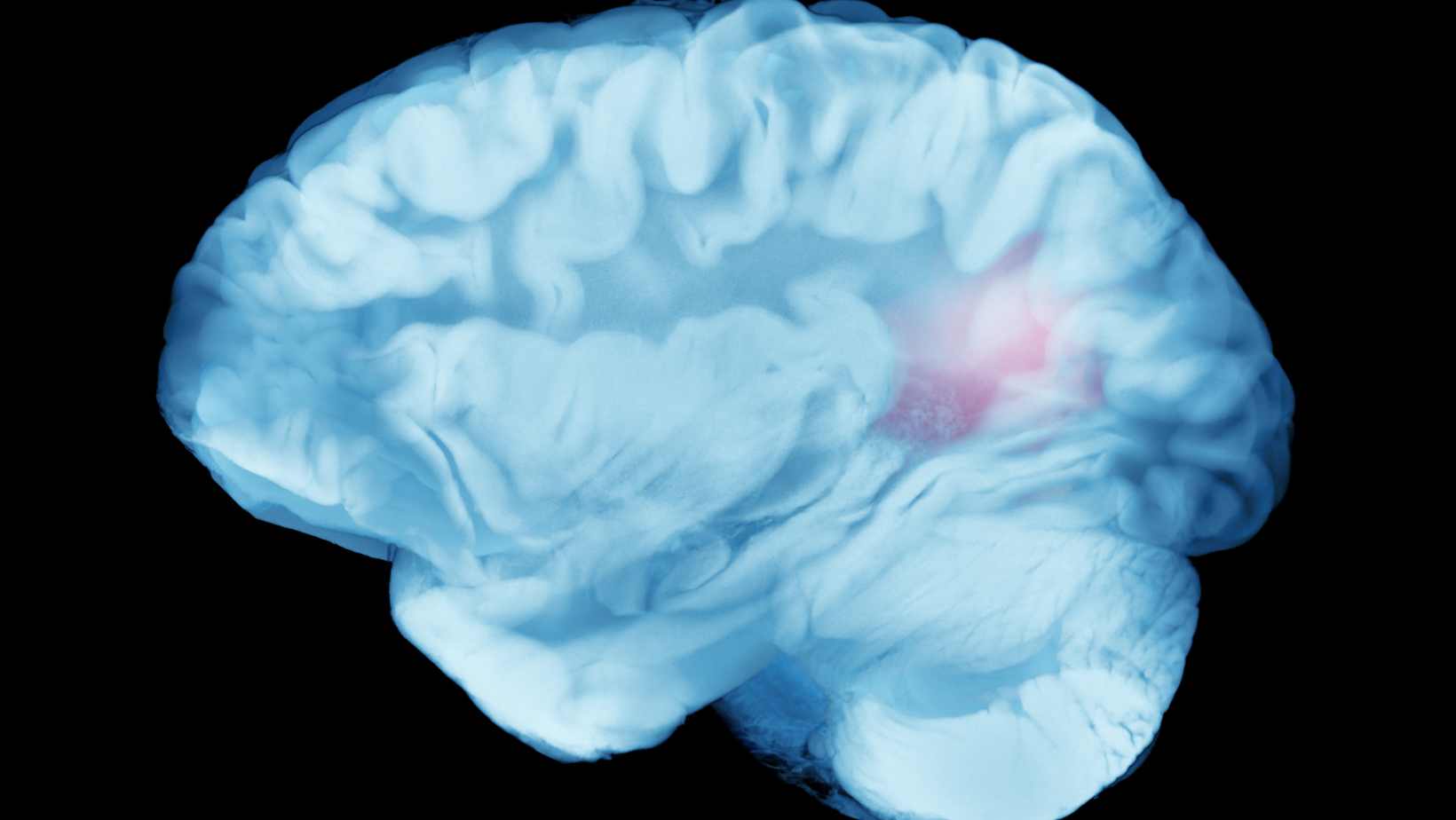Have you ever felt a sudden spin when standing up? Or has a sudden jerking movement suddenly caused you to feel dizzy, leading to a shift in your reality? If your answer is YES to these questions, you might be suffering from Vertigo.
In this article, we shall read about the different facts associated with vertigo, early symptoms, side effects of vertigo, and what triggers vertigo and other related information. But before we delve into all this, let us first understand what vertigo is.
What is Vertigo?
Vertigo can be described as a condition wherein a person experiences a spinning sensation and feels like their environment is going around in circles. Some people may describe vertigo as a phobia of heights, but this will not be correct again.
Vertigo is a symptom of many other illnesses and not a disease itself.
Table of Contents
ToggleFacts about Vertigo
1- Vertigo is more common than you think
Vertigo can occur at any age, especially as one gets older. However, before the age of twenty, vertigo is very rare or even abysmal. After one crosses the age
of 65, the probability of getting vertigo is very high.
2- The early symptoms of vertigo is varied and not limited to one
A person suffering from vertigo, apart from the dizziness and head spins, might also experience other vertigo attack symptoms such as
- Feeling of lightheadedness.
- Nausea.
- Vomiting.
- Headaches.
- Constant feeling of motion sickness.
- Tinnitus.
- A full feeling in the ears.
- Uncontrollable movement of eyes.
- Nystagmus.
These are some of the vertigo attack symptoms that people experience. If you ever have any of these symptoms, contact your doctor immediately.
3- There is no single cause of vertigo.
The causes of vertigo are varied, and no one condition leads to vertigo. Usually, Vertigo is caused by an imbalance in the CNS or central nervous system or a problem in the inner ear. How common is vertigo? It is more common than you think.
Some of the most common causes of vertigo are:
- Labyrinthitis is caused by an inflammation of the vestibulocochlear nerve within the inner ear. This nerve is responsible for sending information to the brain about motions made by the head, sounds and head position.
- Vestibular neuritis results from an inflammation of the vestibular neuritis. This condition can cause vertigo and other symptoms such as blurry vision and off-balance feeling or nausea.
- Cholesteatoma or a skin growth that is non-cancerous which develops in the middle ear as a result of repeated infection. This condition can lead to dizziness, loss of hearing and vertigo.
Meniere Disease is caused by a buildup of fluid in the inner ear and triggers vertigo accompanied by a ringing in the inner ears and hearing loss.
Other factors causing vertigo are:
- Syphilis
- Herpes Zoster Oticus
- Otosclerosis
- Ataxia, leading to muscle weakness
- A transient ischemic attack or a mini-stroke
- Brain stem disease or Cerebellar
- Multiple sclerosis
- Acoustic neuroma
- Head injury
- Migraines
- Ear surgery
- Perilymphatic fistula
- Prolonged bed rest
- Chronic medication
4- Vertigo during pregnancy is common
If you’re wondering what triggers vertigo during pregnancy and are there any side effects of vertigo, then read on. According to experts, dizziness is a very common feature during pregnancy. This is because hormones are constantly changing during pregnancy, which directly affects the fluid level of the body. When there is a change in the level of fluids in the inner ear, it can lead to vertigo and a precarious balance.
Since there are alterations in the inner ear during pregnancy, vertigo becomes a common feature in many pregnant women.
5- Can ear problems cause dizziness?
An infection or imbalance of our inner ear can cause vertigo. This is because the vestibular system responsible for our sense of balance resides within the inner ear. Hence any ear infection can make us susceptible to vertigo.
6- Vertigo is of two types: Acute and chronic
In the case of chronic vertigo, the people suffering from it will experience it only once or twice and may never again experience vertigo throughout their lifetime. However, if it persists, then it can be termed chronic vertigo.
7- Vertigo can be cured
Often, mild vertigo is cured naturally. However, if it persists, it can be treated either by a general practitioner, ENT specialists, or neurologists.
Certain exercises can also help improve vertigo, such as vestibular rehabilitation exercises or eye movement exercises such as side to side eye movement or even Tai Chi.
8- Surgery can also be a remedy for Vertigo.
Surgery is not often required for vertigo. It is only recommended if conservative measures do not work. However, surgical procedures are accompanied by hearing loss risks.
9- Vertigo can also be hereditary
Vertigo may not necessarily be hereditary, but some symptoms may be genetic.
Some examples are:
1- Migrainous Vertigo
2- Familial Meniere Disease
3- Familial Episodic Ataxia
4- Bilateral Vestibular Hypofunction
10- Vertigo can be improved by improving your diet.
Avoiding caffeine, alcohol, salt, nicotine, and sugar has shown to be an improving factor when it comes to vertigo. Maintaining a good fluid balance is essential to improve vertigo.
Vertigo can be troubling, and the side effects of vertigo can make your life very difficult. If your symptoms are worsening, you must immediately visit your medical professional.
You can also read some important blogs

This article is medically reviewed by Dr. Chandril Chugh, Board-Certified Neurologist, providing expert insights and reliable health information.
→ Book a consultation to discover which remedies suit your needs best.
About Author | Instagram | YouTube | Linkedin




